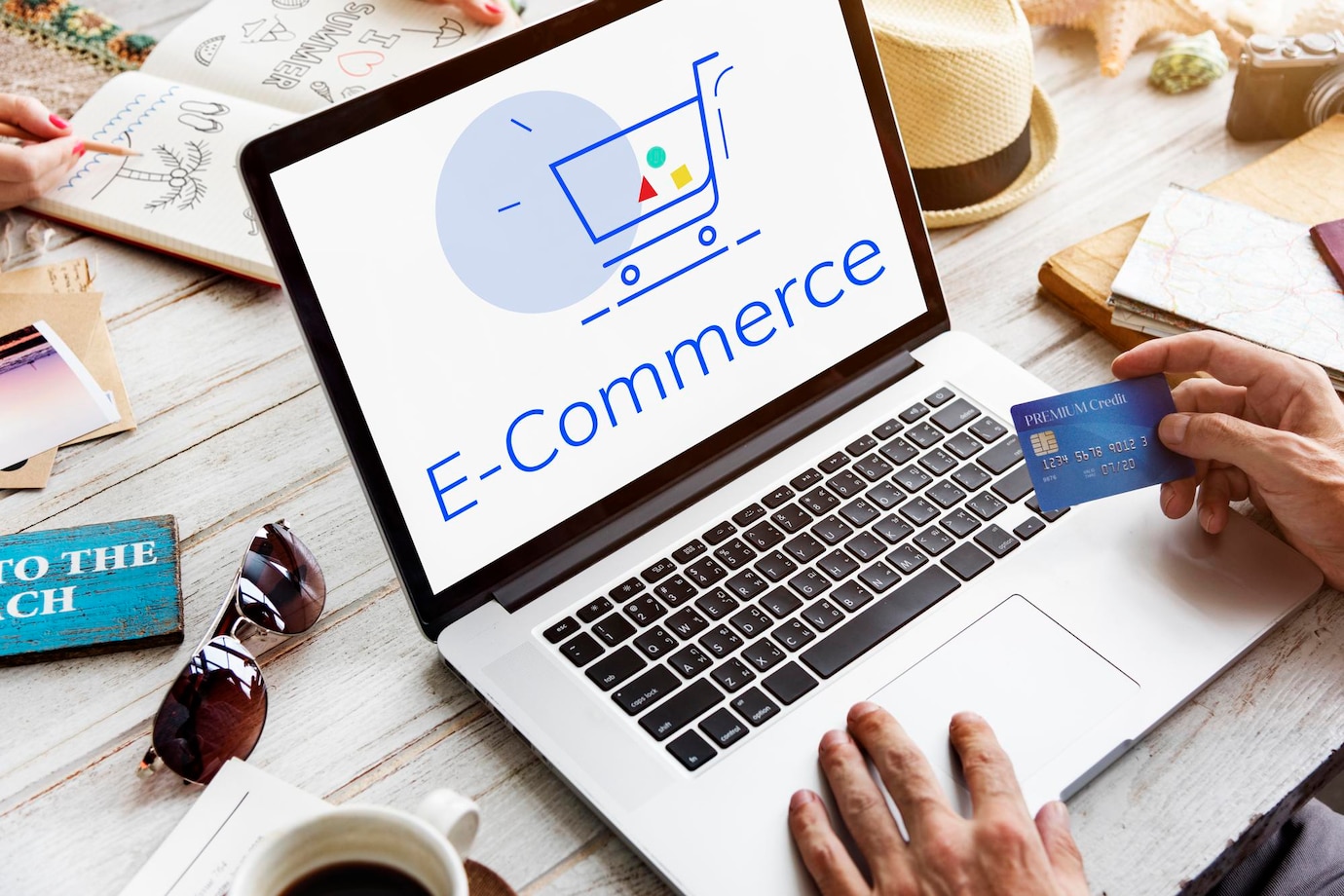
How to Start a Successful Online Retail Business
Starting an online retail business is easier than ever. With the rise of digital commerce, you can create a store to boost your income or build a full-scale eCommerce brand. This guide will help you understand the steps to launch your online store. It will share key strategies and tips to ensure your success.
The UK eCommerce market is thriving, with online sales reaching billions each year. More shoppers prefer online buying for its convenience and variety. If you want to tap into this market, now is the right time to start your online store.
Step 1: Research Your Market and Choose a Niche
Before starting your store, do thorough market research. Finding a profitable niche is crucial to stand out in eCommerce.
Key Considerations:
- Identify Gaps in the Market – Look for customer needs that are not being met.
- Analyse Competitors – Observe successful businesses in your niche to see what works.
- Target Audience Research – Define your ideal customers and understand their shopping habits.
- Trends and Demand – Use tools like Google Trends and Amazon Best Sellers to check market interest.
Select a niche with high demand and manageable competition to boost your chances of success. Profitable niches include eco-friendly products, pet supplies, fashion accessories, and home decor. A clear niche helps you build a brand that resonates with customers and boosts loyalty.
Step 2: Choose the Right eCommerce Platform
Choosing the right eCommerce platform is vital for your online store. This choice affects functionality and customer experience.
Popular eCommerce Platforms:
- Shopify – User-friendly, great for beginners, with built-in payment options.
- WooCommerce – A flexible WordPress option, ideal for those wanting control.
- BigCommerce – Best for scaling businesses with advanced features.
- Magento – Powerful for larger enterprises, but needs technical skills.
Pick a platform that fits your business goals, budget, and skills. If you’re new, Shopify and WooCommerce are good choices due to their ease of use.
Step 3: Set Up Your Online Store
A professional, user-friendly website is key to converting visitors into customers. Follow these tips to optimise your store:
Essential Elements for a Successful eCommerce Website:
- Professional Design – Use a clean, mobile-responsive theme that matches your brand.
- Easy Navigation – Ensure clear categories and fast loading for a smooth user experience.
- Secure Payment Gateways – Offer options like PayPal and Stripe for UK shoppers.
- High-Quality Product Images – Use professional photos from various angles.
- Compelling Product Descriptions – Highlight features and benefits with persuasive copy.
- SEO Optimisation – Use relevant keywords to improve search engine visibility.
A well-structured website builds trust and encourages purchases, reducing cart abandonment.
Step 4: Develop a Strong Marketing Strategy
Once your store is ready, attracting customers is your next challenge. Here are essential marketing techniques:
Effective Marketing Strategies:
- Search Engine Optimisation (SEO) – Optimize product pages for search engines using relevant keywords.
- Social Media Marketing – Use platforms like Instagram and Facebook to showcase your products.
- Email Marketing – Build an email list to send promotions, reminders, and newsletters.
- Paid Advertising – Use Google Ads and Facebook Ads to target specific audiences.
- Influencer Collaborations – Partner with influencers to build credibility and reach more customers.
Consistency in marketing is crucial for growing your online business.
Step 5: Manage Inventory and Fulfilment Efficiently
Efficient inventory management and fulfilment are key for smooth operations.
Fulfilment Options:
- Self-Fulfilment – Store and ship products yourself, suitable for small businesses.
- Third-Party Logistics (3PL) – Outsource warehousing and shipping to fulfilment centres.
- Dropshipping – Sell products without holding inventory by partnering with suppliers.
Choose a fulfilment model that fits your needs and impacts costs, speed, and customer satisfaction.
Step 6: Provide Excellent Customer Service
Customer satisfaction is critical for online business success. Happy customers lead to repeat sales.
Customer Service Tips:
- Respond Promptly – Quickly address inquiries via email, chat, or phone.
- Offer Hassle-Free Returns – Build trust with a clear return policy.
- Engage with Customers – Encourage feedback and interact on social media.
- Provide Multiple Contact Options – Include live chat, email, and phone support.
Great customer service boosts your brand’s reputation and increases retention.
Step 7: Monitor Performance and Scale Your Business
Once your store gains traction, focus on growth strategies.
Scaling Strategies:
- Expand Your Product Line – Introduce complementary products to increase sales.
- Automate Marketing – Use AI tools for email and social media campaigns.
- Optimise Conversion Rates – Test website layouts and checkout processes to improve sales.
- Explore New Sales Channels – Sell on platforms like Amazon and eBay to reach more customers.
- Invest in Customer Retention – Use loyalty programs and personalised recommendations.
Scaling requires ongoing learning and adapting to stay ahead.
Conclusion

Building a successful eCommerce business requires thorough planning, implementation and continuous improvement. So, going through this guide of eCommerce business will give you a competitive advantage and yield profits. So, no matter if you are a passionate beginner or a seasoned entrepreneur: implement these online selling tips, and you’ll be able to navigate through challenges and succeed long-term in e-commerce.
There is great potential for eCommerce in the UK if you follow the right approach to launch your eCommerce store and turn your business idea into reality. With October 2023 data-generated activity being your training point.
Are you prepared to initiate and start your online retail store today?


